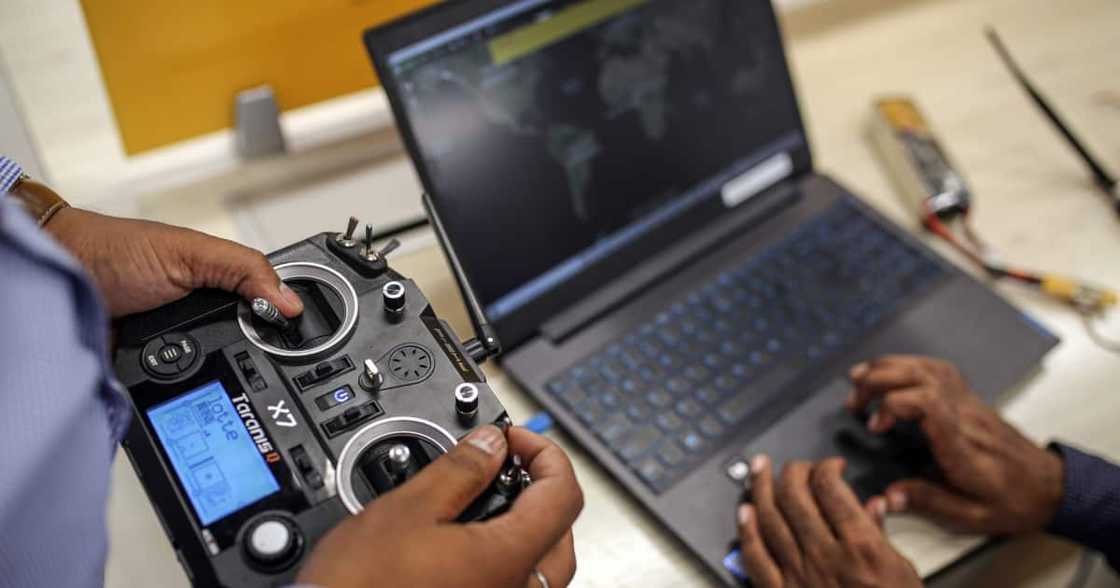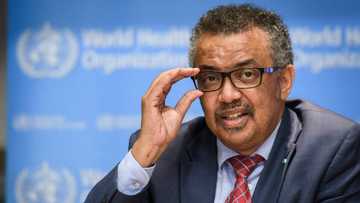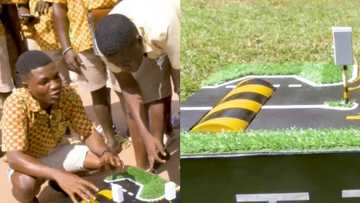South Africa Grants a Patent Listing to Artificial Intelligence System as The Inventor
- In what is being recognised as a world first, an artificial intelligence system has been granted a patent listing by South Africa
- The system, called DABUS, listed a patent for an interconnecting food container that allows robots to easily grab and stack containers
- DABUS is an AI system that creates new inventions by mimicking brainstorming functions that are unique to humans
PAY ATTENTION: Click “See First” under the “Following” tab to see Briefly News on your News Feed!
South Africa has granted a patent for food containers based on fractal geometry. The invention is for interconnecting food containers that are easy for robots to grab and stack.
According to Quartz Africa, this new development is a world first and is not a mundane achievement for South Africa.

Source: Getty Images
What makes the invention even more spectacular is that it was invented by an artificial intelligence system called DABUS.

Read also
"This is a historic moment": WHO recommends earthshattering malaria vaccine use for children
PAY ATTENTION: Never miss breaking news – join Briefly News' Telegram channel
Stephen Thaler, a pioneer in the field of AI and programming, designed DABUS, which stands for "device for the autonomous bootstrapping of unified sentience," according to MoneyWeb. The DABUS system produces new inventions by replicating human brainstorming.
This type of AI works independently and is also capable of complex functioning, unlike AI systems found in cellphones such as Siri.
The patent application, with DABUS listed as the inventor, was filed at patent offices all over the globe, including the United States, Europe, Australia and South Africa. South Africa was the first country to grant the patent and was later followed by Australia a few days later.
Young brainiacs to compete in high tech Hong Kong science fair
Briefly News previously reported that two teenagers from separate schools will be competing against high-tech studies in the 2021 Virtual Global Youth Science and Technology Bowl (GYSTB) Science Fair in Hong Kong.
17-Year-old Kavya Kaushik from Bryanston High School and 15-year-old Catherine Kies from Hoër Meisieskool Bloemhof were both selected to flex their scientific know-how. Kaushik developed a machine learning model that accurately detects and classifies cardiac arrhythmia beats.
This is a critical field of research in artificial intelligence that will assist healthcare workers with making a quick and accurate diagnosis of the type of cardiac arrhythmia.
Kies developed a hand prosthesis that is operated via the myoelectric impulses from a person’s arm. This entails moving one’s arm and the exact movement is replicated by a mechanical claw. Kies used various methods and materials to develop the hand prosthesis with remarkable accuracy.
The 15-year-old has contributed to a growing body of research on prosthesis control using muscle impulses.
Enjoyed reading our story? Download the BRIEFLY NEWS app on Google Play now and stay up-to-date with major South African news!
Source: Briefly News


